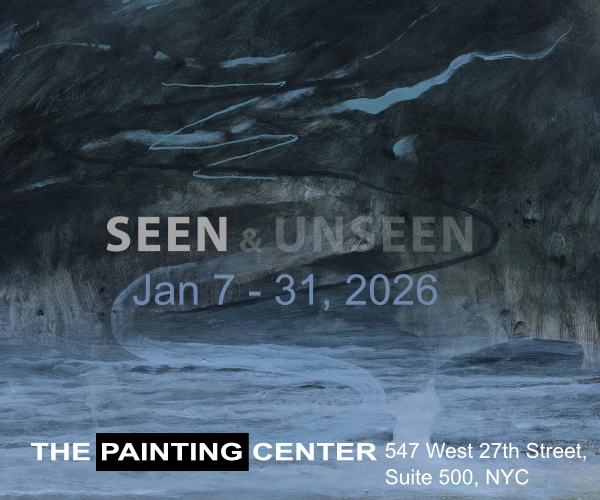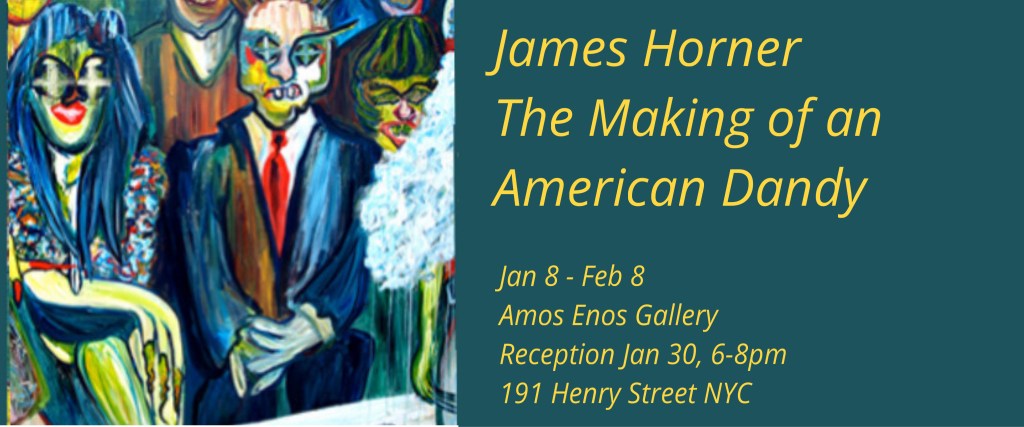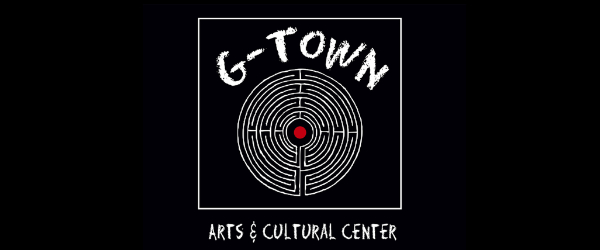
Contributed by Jonathan Stevenson / If bad times increase the demand for nostalgia, the current bull market is going to persist for at least another year. But Donald Trump, the ultimate stimulus for that demand, is himself a product of a certain toxic brand of nostalgia � one for a time of white male domination, when blacks and women knew their place and government left business alone. So Lou Reed made a lot of sense when he mused about the subjectivity of the phenomenon: �I don�t like nostalgia unless it�s mine.� It is more directly about the internal emotions locked in a past moment than the external reality that prevailed when it arose. Joshua Ferris�s troubled adult protagonist in To Rise Again at a Decent Hour hits the nail on the head: �I didn�t want to buy anything at the Pottery Barn so much as I wanted to recapture the feeling of wanting to buy everything from the Pottery Barn.� In movies, servicing the nostalgic impulse is a subtler matter than merely resurrecting period details. Filmmakers need to identify and conjure an audience�s affection for an earlier psychological moment in their lives. Their choices too are idiosyncratic.
Three of this year�s best American movies traffic heavily in nostalgia. Edward Norton�s hearty screen adaptation of Jonathan Lethem�s novel Motherless Brooklyn takes the standard approach. He embraces the indulgence of nostalgia as an unabashed pleasure and emulates other movies � perhaps most explicitly, Roman Polanski�s Chinatown. Norton wants you to feel the way its first audience did in 1973: privy to the mind of a person with a gifted sensibility � here that of Tourette�s-afflicted gumshoe Lionel Essrog, played by Norton himself � who can decipher hidden evil. Motherless Brooklyn is ultimately less noirish than Chinatown, as Essrog partially succeeds in thwarting racism, corruption, and greed when Jake Gittes fails. Watching the later film, you always know you�re looking back, as the retrospective view is self-consciously framed in hope.
In contrast, Martin Scorsese�s masterful crime epic The Irishman plants its viewers in the narrative period of the story, mainly the 1960s and 1970s. It is not overtly nostalgic in the way that, say, GoodFellas is. Almost throughout that film, Scorsese uses stylistic flash, elegiac popular music, and protagonist Henry Hill�s unreliable narration to establish a wistfully seductive feeling about a young man�s coming of age in the mafia. The director knows you�ve seen that movie, and that you don�t want to be that young man so much as you want to recapture the ironic feeling of wanting to be him. Then Scorsese wrong-foots you. You are not going to get a jaunty, up-tempo crime story in which the brutal players were �like movie stars with muscle� and �had it all.�
De Niro has played tough Irishmen before. He was an unforgettably nasty one, Jimmy Conway, in GoodFellas. But while both Conway and De Niro�s Frank Sheeran in The Irishman are career gangsters for whom homicide is business, Frank is no Jimmy. Jimmy relishes getting rid of people; Frank never really does. Presented from Frank’s point of view, Scorsese populates the Jimmy Hoffa story with men � chief among them the weary but smoldering Frank and a revelatory Joe Pesci�s almost gentle, coolly insinuating Russell Bufalino (nothing like the psychotically impulsive Tommy De Vito) � who commit murder and extortion with subdued pride and come to regret it. In The Irishman, you are seeing things as they were. Its length (three-and-a-half hours) amplifies its immersive quality and helps fix the contemporaneous vantage point.
In earlier films, Scorsese buoyed nostalgia by willfully obfuscating his own morality and thereby took substantial ownership of the realistic mob story. But he was careful to leave traces of Catholic guilt in even his cruelest movies, Mean Streets as well as GoodFellas. Now, still the king of the realm but far from a lion in winter, he unleashes his judgment and sublimates any dark sentimentality about violence as a source of personal power. His characters� salient qualities are not flamboyant attitude and swagger but grim competence and duty. As the unsettled feelings of the morally-challenged seep into the narrative, The Irishman emerges as a movie of profound if stealthy humanity. Although Sheeran and his friends have plied their trade by the book, they are left puzzled before their priests about what that means, and loved, barely, only among themselves. The deeper truth of GoodFellas was always that wise-guys in their dotage aren�t pretty, and couldn�t be forgiven. Theirs were not the good old days. Scorsese�s genius in the The Irishman is to drive that point home while revealing vestiges of virtue in scoundrels so convincingly.
Quentin Tarantino is also a clever purveyor of blistering nostalgia with a rich oeuvre of reference, as it were. In Once Upon a Time � in Hollywood, he too eludes expectations, but in a different direction. He has inured his audience to casual violence, leavened by an insouciantly burlesque quality � Mr. Blonde slicing off an undercover cop�s ear while strutting to �Stuck in the Middle With You� in Reservoir Dogs, Vincent Vega accidentally blowing Marvin�s brains out while discussing Jules�s epiphany in Pulp Fiction. What warms you to such gruesome scenes is that they riff on movie tropes as opposed to real life. You wait for a Tarantino flick to revive that weird film-geek insularity even when he tackles weighty subjects, as in Inglourious Basterds and Django Unchained.
The effect is different when he gets closer to reality and confronts particular historical events in living memory, like the Manson killings. In Once Upon a Time, he visits the old Hollywood of understated tough guys, damsels in distress, and good buddies on those events and produces a super-stylized counter-history that celebrates a paradigm of American heroism that was fading even in 1969 � and, implicitly, let Sharon Tate and her fellow victims down. Those alive then, or who have watched spaghetti westerns since, rediscover the feeling that terminally unimpressed men with no names who were quick with their hands could conquer all evil. For Tarantino, that qualifies as idealistic. For Norton, it may be aspirational. To Scorsese, it is simply alien.
The Irishman, directed by Martin Scorsese, distributed by Netflix.
Motherless Brooklyn, directed by Edward Norton, distributed by Warner Bros. Pictures.
Once Upon a Time � in Hollywood, directed by Quentin Tarantino, distributed by Sony Pictures Releasing.
———
NOTE: Today is the EIGHTEENTH (!) day of the 2019 Two Coats of Paint year-end fundraising campaign and we are on our way to making our modest goal. If you value what we do at Two Coats of Paint, please consider supporting us for another year. Thanks in advance for your tax-deductible contributions and heartfelt gratitude to those readers who have already contributed. Please click here to contribute.
———–
Related posts:
Art and Film: Tarantino�s glourious layer cake
Anne Neukamp�s elegant nostalgia
Rooted in nostalgia: Karen Marston at Storefront Bushwick
CoBrA: The filter of nostalgia ultimately defangs the beast
Vintage 1959






















